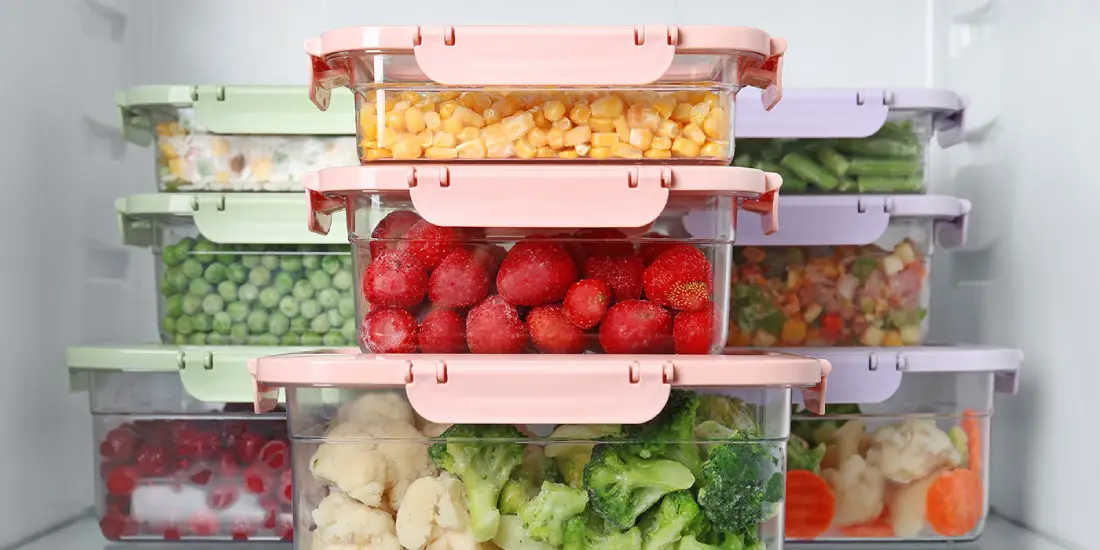
Keeping your food supply under control is more important than keeping your phone on during a power outage, even though the latter one is easier. Therefore, it is a great practice to understand how you can store your food safe during an emergency, and also how to prepare for it. This article will focus on the easiest and most effective ways suggested by the food safety consultancy in Dubai to extend the functionality of your cooling systems and the other methods you can rely on to keep your food safe.
Power outages may be planned for maintenance or due to emergencies. In both cases, we should be equipped with the right information and decisions to tackle the outage without cutting on food. Therefore, keeping the food safe while an outage is possible only if you are ready for it.
Under any emergency, canned foods and other non-perishable foods are your best bet in survival. They have a longer shelf life, and you don’t have to worry about food as long as you have them. When you are storing, ensure that you are also restocking it with newer stock periodically. Otherwise, you would end up with inedible food at grave times. You can also pile up dry nuts, fruits, vegetables, and snack bars as a reliable food choice during a power outage.
It is essential that you know what is in your refrigerator and freezer every time. Ensure that meat and other perishable items are in a frozen state so that they don’t become inedible. Always track the food inside your refrigerator and freezer. This way, you can ensure that you have enough for an outage if you ever experience one. Another handy tool is the thermometer. It is very crucial to find the temperature inside the fridge to see if the food is edible or not.
It doesn’t matter even if you have stocked an enormous amount of food. If you have no idea about its shelf life, you could mess up the outage period and end up with spoiled food during emergencies. Therefore, understand how long each food item lasts and differentiate between the perishable and non-perishable food choices as well.
Frozen water in containers can help to maintain the temperature inside refrigerators when there is no power. You can also find dry ice or block ice in local stores in case of emergency as an alternative. Coolers are yet another option to keep the food cold during a power blackout.
Once you are ready, you can manage your food rather well when an outage strikes.
It is the most critical mantra in maintaining food safety during a power outage. The more we disturb the fridge, the easier it will lose temperature. If unopened, a refrigerator can keep its interior cold up to 4 hours whereas a full freezer can do that for 48 hours. You can also use frozen water cans or dry or block ice inside refrigerators to maintain the temperature. However, use the thermometer to ensure that the temperature is below 40°F. Because if the temperature goes beyond 40°F, the food may be inedible.
The perishable food items on your stock will be the first ones to go spoilt. So, start with them once you are experiencing a power outage. The combination of refrigerator and freezer can help you stock your meat and other perishable food items for some time. However, ensure that the temperature inside the fridge is below 40°F before you plan to cook the food inside it.
With higher temperatures, microbes will start to thrive, and it may cause food poisoning even if you cook it well. So, if the thermometer shows a temperature above 40°F, check each item one by one. An unusual smell and color are good indicators of the condition of the food. And then, switch to the non-perishable supplies once you safely consume all your perishable food stock or if they are spoilt.
You can keep your food safe only if you prepare well enough for an outage. Otherwise, you cannot lay out an efficient plan to survive a potential power outage.